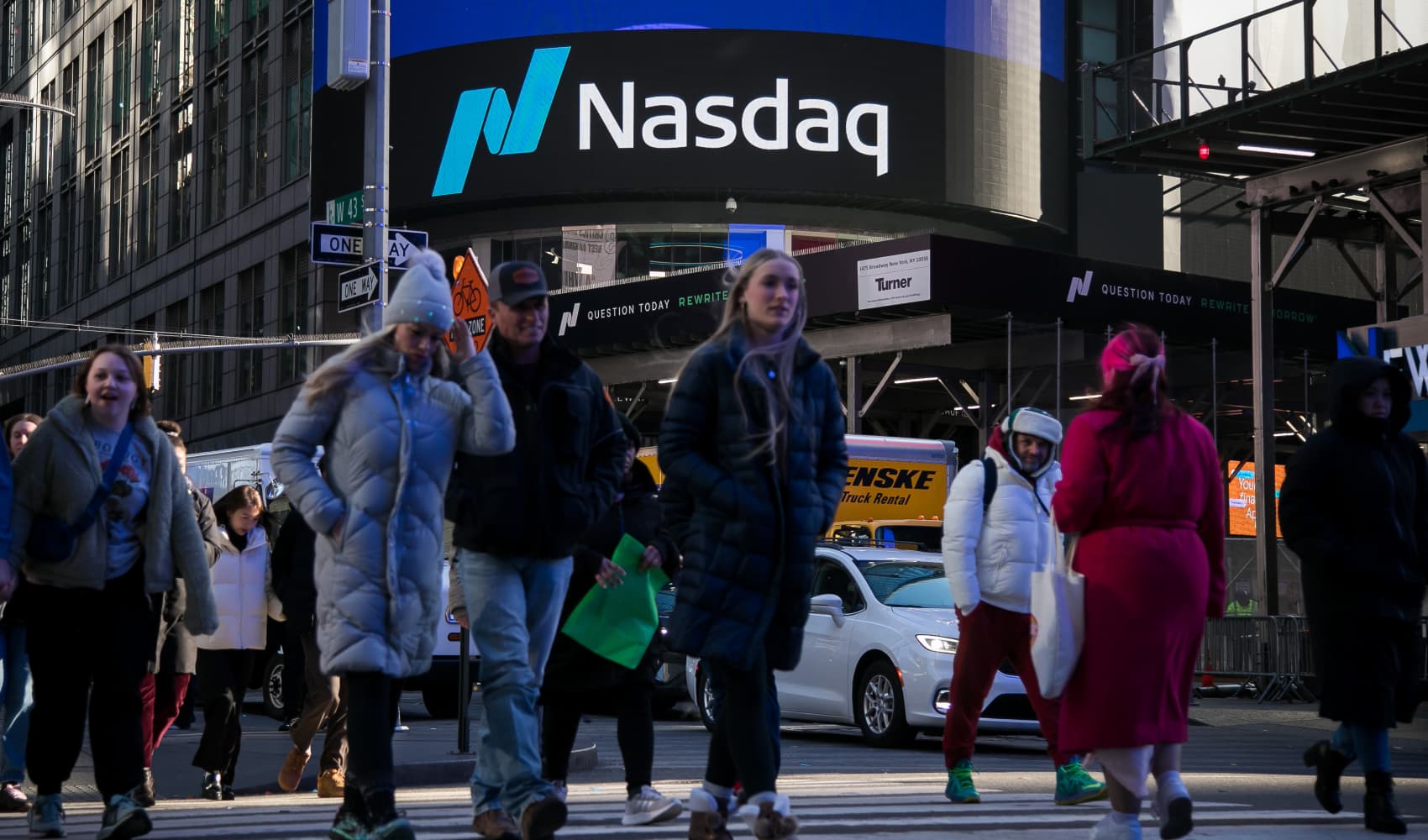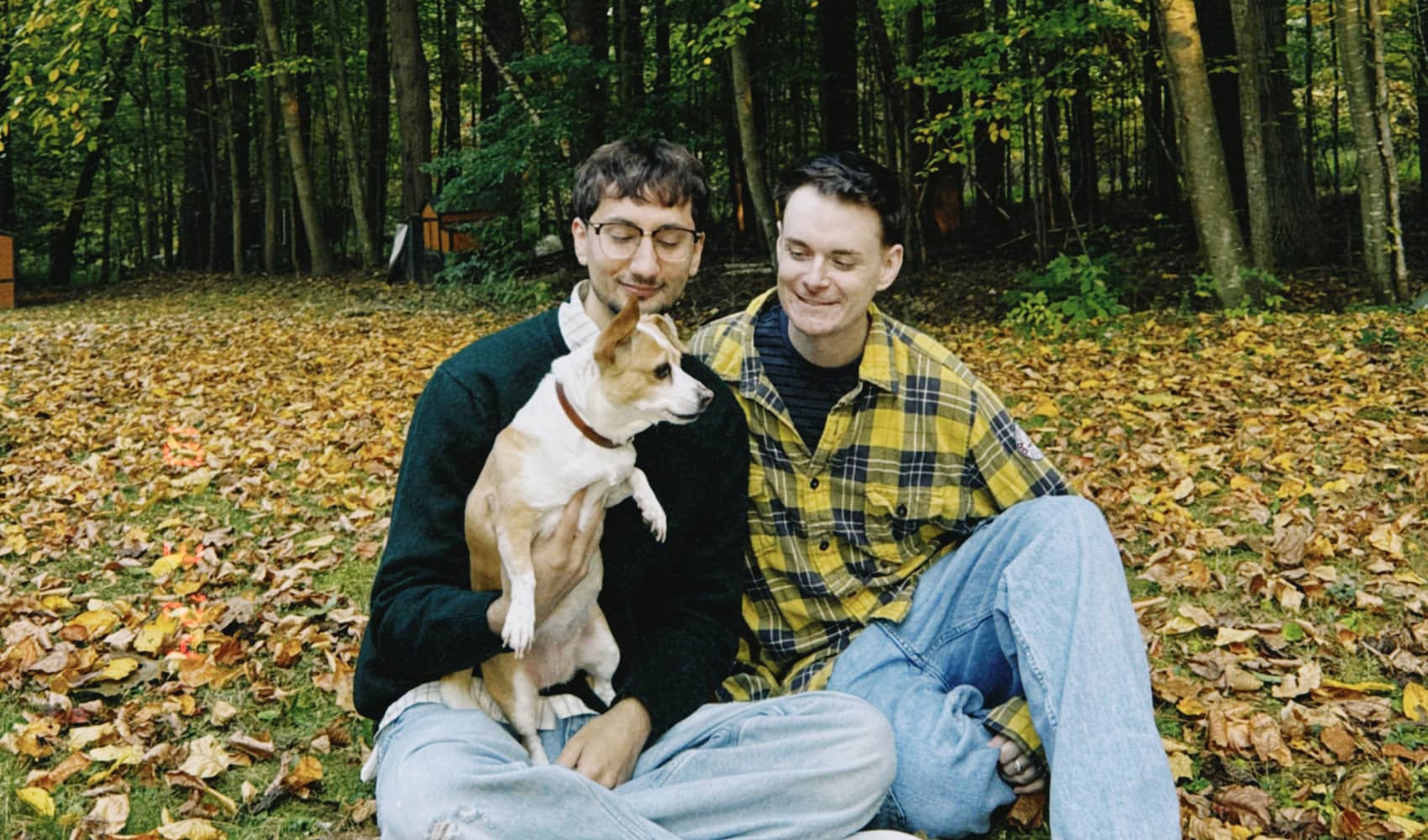
Covid vaccines for young children are on the way, and they're a potential game-changer for families, schools and caregivers — but they won't signify the end of the pandemic.
Not yet, anyway.
On Thursday, Pfizer asked the Food and Drug Administration to authorize its Covid-19 vaccine for children ages 5 to 11. The FDA's vaccine advisory group plans to meet on Oct. 26 to discuss Pfizer's data, with an expected decision shortly after. If the agency approves Pfizer's request, shots could become available for kids by late October or early November.
Moderna and Johnson & Johnson are still testing their shots for young children in the U.S., with Moderna expected to submit its data to the FDA first. Last month, acting FDA commissioner Dr. Janet Woodcock said her agency would move "as quickly as we can" to review any data about the three vaccines.
Get top local stories in San Diego delivered to you every morning. >Sign up for NBC San Diego's News Headlines newsletter.
Roughly 28 million Americans fall between the ages of 5 and 11. Making them eligible for Covid vaccines will allow children to attend in-person school more safely, while lowering stress levels of frazzled parents.
It'll also be a positive development for the rest of the country, raising the nation's overall vaccination rates and bringing the U.S. one step closer to "normal" and the pandemic's end.
It just won't be the final step.
Money Report
Why vaccinating kids still won't get the country to herd immunity
Early in the pandemic, vaccinating kids appeared to be the key to achieving herd immunity, where a virus stops circulating because enough people either have vaccine protection or natural immunity.
Now, realistically, the country may never reach herd immunity.
Approximately 56% of the U.S. population is fully vaccinated for Covid, according to the Centers for Disease Control and Prevention. And while experts initially suggested that herd immunity would occur when 60-70% of the population gained immunity, that estimate rose to 85-90% after Covid's delta variant took over this summer.
On Thursday, a new Kaiser Family Foundation survey found that only about one-third of parents will vaccinate their young children right away, once a vaccine is authorized. And even if every single one of those 28 million U.S. children got vaccinated immediately, the country's overall vaccination percentage would only rise to 64%.
"The fact that the delta variant became predominant and is so much more transmissible is the final factor that is really making herd immunity very, very hard to achieve," says Dr. Flor Munoz, associate professor of pediatrics and of molecular virology and microbiology at Baylor College of Medicine in Houston, who leads the pediatric Pfizer vaccine trial at Baylor College of Medicine and Texas Children's Hospital.
How vaccinating kids can still be a major victory against Covid
Still, vaccinating more people — kids included — is crucial to managing the pandemic and making Covid a less dangerous threat.
On Sept. 27, former FDA commissioner and current Pfizer board member Dr. Scott Gottlieb told CNBC's "Squawk Box" that given how long Covid has stuck around, it'll eventually become an "endemic virus" that circulates seasonally within the U.S. population, much like the flu.
Getting to that point would be a huge success, and vaccinations are key to making it happen.
With more people immune to the virus, symptoms would be less severe, perhaps down to a sniffle and cough, and fewer people would be hospitalized or seriously ill. Prevention measures that are proven to work against Covid, like wearing a mask, could become the norm during Covid season.
"We've just spent a year, year and a half, trying to prevent every single infection," Gottlieb said. "We're going to evolve to a place where ... this becomes a way of life, or a fact of life, if you will."
And if the elusive "herd immunity" is truly unreachable, White House chief medical advisor Dr. Anthony Fauci said during a White House briefing Sept. 27, there's one thing to do: "You vaccinate as many people as you possibly can, as quickly and as expeditiously as you possibly can."
Disclosure: Scott Gottlieb is a CNBC contributor and is a member of the boards of Pfizer, genetic testing start-up Tempus, health-care tech company Aetion and biotech company Illumina. He also serves as co-chair of Norwegian Cruise Line Holdings' and Royal Caribbean's "Healthy Sail Panel."
Update: This story has been updated to include Pfizer's request for FDA authorization of its Covid-19 vaccine for children ages 5-11.
Sign up now: Get smarter about your money and career with our weekly newsletter
Don't miss:






